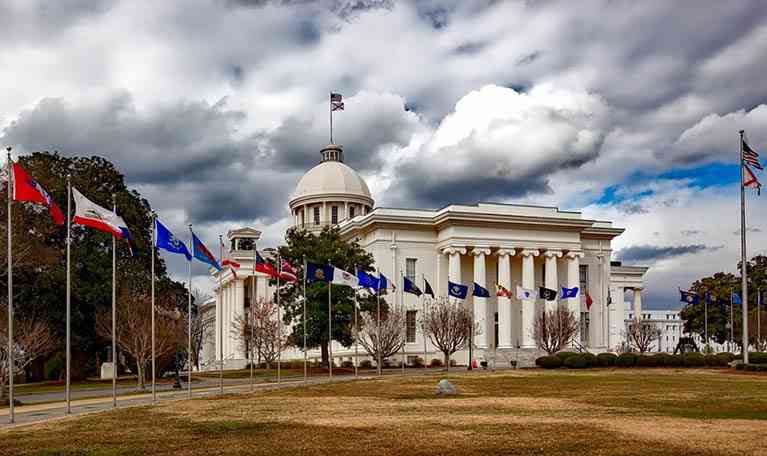The US Senate has officially passed its deadline to agree on the short-term spending bill. The deadline passed on Friday at midnight, meaning this weekend is being touted as a key to avoid a full government shutdown or the point of no return whereby a shut down could start to take effect. Whilst US Dollar rates remain on the back foot a potential shutdown could see them on the ropes, and therefore could provide uncertainty for trump and US Dollar rates.

Typically, the Senate would be in recess this weekend, however, today will set the scene for deep negotiation in order to avoid a complete government shutdown.
Points of contention and what causes a government shutdown
A government shutdown takes effect when twelve supply bills aren’t written into law in order to fund government departments. Essentially the bills are written in order to set money aside to fund state departments. When these bills can’t be agreed the government is forced to shut down as there is no money to fund its application therefore causing payment delays to state funded projects and departments.
Key areas of disagreement between the Republican’s and Democrat’s which have led to the partial shutdown of government include:
-
Border wall
Trump’s stance and fixation on matters of immigration have proved challenging for Democrats to accept. The Border wall between Mexico has proved both divisive and the key to his election triumph. The bill includes funding totalling $2.7 billion for border security and limits the numbers of immigrants who come to the US for financial gain and limits the number that can join a green card holder.
-
DACA
The Defence Action for Childhood Arrivals remain a topic of importance for the democrats in order to agree the immigration bill. Democrats are insisting that immigrants who were brought illegally to the US are allowed to remain. The current bill which is due to expire potentially sees 700,000 people being deported from the US from March. Currently Republicans remain unwilling to negotiate until the government reopens.
-
Defence spending
Whilst the proposed bill for defence spending is being rejected by democrats it is also understood that some republicans also remain sceptical. Some republicans believe that immigration is being prioritised over military spending. Many believe that concessions should be made on immigration rather than military spending.
-
Children’s health insurance program
With the potential of 1.7 million children losing their health insurance entitlement, this remains a sore point between the two parties. It is understood that Congress is frantically negotiating a 6-year extension to the program. Roughly 9 million children have benefited from CHIP. The annulment of the program would prove costly not just for parents but also the federal government especially in light of recent tax reforms.
Can the 2013 US government shutdown tell us what to expect?
The last government shutdown lasted two weeks and was estimated to cost the US $20 billion. Over 800,000 were granted leave. The figure this time is estimated to be more, with roughly 850,000 that could be asked to remain at home.
The US Dollar was naturally also affected in 2013 and potentially could shed light on likely USD movements if a full government shutdown was to happen now. In truth, the US Dollar rates losses were fairly insignificant. The EUR/USD fell from 1.3585 to 13544 whilst the AUD/USD jumped from around 0.9340 to 0.9426. In all fairly modest movements were observed in 2013, predominantly as focus had been on the US bond-buying program at the time.
Potential shutdown effect on the US Dollar rates
The US Dollar rate has struggled against a basket of currencies over the year. Uncertainty fuelled by a boisterous president, numerous scandals and arguably a lack of US interest rate rises. In particular, the USD has struggled against the strength of the Euro, a government shutdown will do little to alleviate this. On Friday the Dollar index slipped roughly 0.3% as fears of the shutdown grew. Despite extremely disappointing retail figures from the UK the GBP closed Friday trading at 1.3850 and would appear to be capable of breaking the 1.40 barrier shortly. Especially if a full Government shutdown was to take place.
Whilst the avoidance of a full shutdown appears to still be possible with Trump abandoning a planned trip and Congress still negotiating terms, it’s concessions will have to be made by both parties. DACA will be a major sticking post whilst Democrats are unlikely to feel comfortable abolishing CHIP after the repeal of Obamacare.
The EUR/ USD movement this week will not just be subject to the outcome of this weekends US Congress negotiations but also the Eurozone interest rate decision and accompanying speech from Mario Draghi. The central bank president is likely to want to drive the euro down and will almost certainly do little to inflate the Euro. Business as usual then.